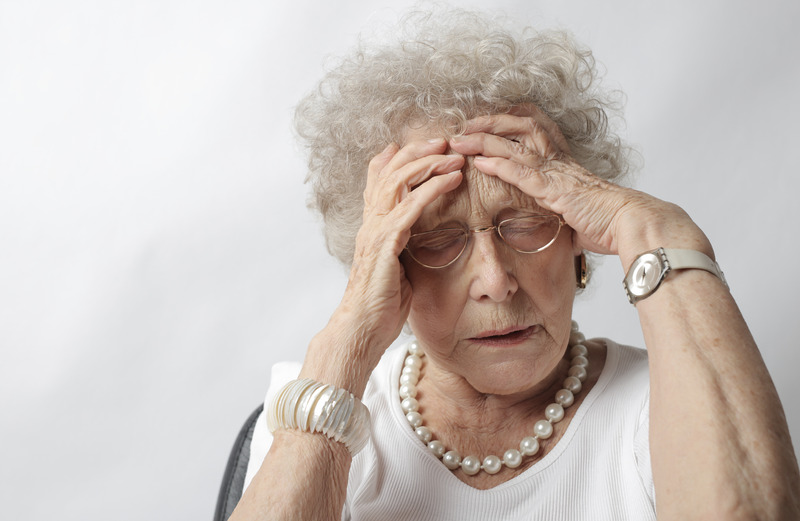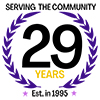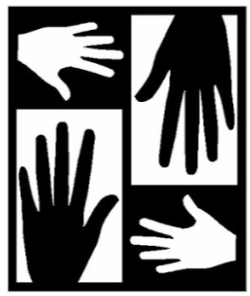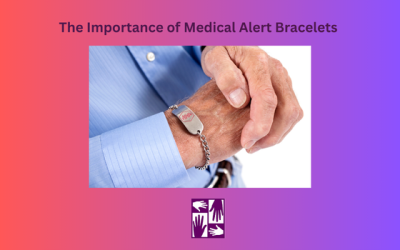September 2, 2021

In honor of National Suicide Prevention Awareness month, we wanted to highlight the fact that despite what some people may think, depression is not a normal part of elderly care.
Depression is a true and treatable medical condition, not a normal part of aging elderly assistance. However older adults are at an increased risk for experiencing depression. If you are concerned about a loved one, whether it’s at a senior home care or your loved one is receiving care in home, as a home care provider, you can offer to go with him or her to see a health care provider to be diagnosed and treated.
Depression is not just having “the blues” or the emotions we feel when grieving the loss of a loved one. It is a true medical condition that should be address as part of senior care and is treatable, like diabetes or hypertension.
How Do We Know if it’s Depression?
Someone who is depressed has feelings of sadness or anxiety that last for weeks at a time. He or she may also experience–
Feelings of hopelessness and/or pessimism
Feelings of guilt, worthlessness and/or helplessness
Irritability, restlessness
Loss of interest in activities or hobbies once pleasurable
Fatigue and decreased energy
Difficulty concentrating, remembering details and making decisions
Insomnia, early–morning wakefulness, or excessive sleeping
Overeating or appetite loss
Thoughts of suicide, suicide attempts
Persistent aches or pains, headaches, cramps, or digestive problems that do not get better, even with treatment
How is Depression Different for Older Adults
Older adults such as elderly caregivers are at increased risk. We know that about 80% of older adults have require senior assistance with at least one chronic health condition and 50% have two or more. Depression is more common in people who also have other illnesses (such as heart disease, memory care, or cancer) or whose function becomes limited and require more elderly assistance or care at home.
Older adults are often misdiagnosed and require more elderly services. Healthcare providers or caregivers may mistake an older adult’s symptoms of depression as just a natural reaction to illness or the life changes that may occur as we age, and therefore not see the depression as something to be treated. Older adults themselves often share this belief and do not seek help because they don’t understand that they could feel better with appropriate treatment including care at home through a care agency such as Senior Alternatives.
How Many Older Adults are Depressed?
The good news is that the majority of older adults are not depressed. Some estimates of major depression in older people living in the community range from less than 1% to about 5% but rise to 13.5% in those who require home healthcare and to 11.5% in older hospitalized patients.
How Do I Find Help?
Most older adults see an improvement in their symptoms when treated with antidepression drugs, psychotherapy, or a combination of both. If you are concerned about a loved one being depressed, offer to go with him or her to see a health care provider to be diagnosed and treated.
If you or someone you care about is in crisis, please seek help immediately.
Call 911
Visit a nearby emergency department or your health care provider’s office
Call the toll-free, 24-hour hotline of the National Suicide Prevention Lifeline at 1-800-273-TALK (1-800-273-8255); TTY: 1-800-799-4TTY (4889) to talk to a trained counselor that also provides resources for services for seniors.
https://www.cdc.gov/aging/depression/index.html
#seniorhelpers #athomecare #homecareproviders #elderlyassistance #seniorhomecare #caregiver #elderlycare #elderlyservices #homecareservices #careagency #seniorassistance #servicesforseniors #careathome #inhomecare #careinhomes #careservices #elderlycaregiver #memorycare #homecare #seniorcare
If you would like to join the Senior Alternatives team, we invite you to reach out to us! You can also make a donation directly on our team’s page. The more we can raise for researching this fatal disease, the closer we come to finding a cure!
Related Articles
How to Speak to Elderly Parents About Accepting Support
Strategies and tactics on how adult children can foster open and productive dialogues with seniors, helping navigate the delicate balance between independence and necessary support.
Healing Paws – Enhancing Senior’s Lives Through the Bond with Dogs
In this blog, we dive into the profound impact dogs have on seniors lives both physically and emotionally. Learn about the benefits and how to secure a new furry friend for an elderly person.
Medical Alert Awareness Month
This month we want to bring attention to the importance of medical alert bracelets, how to find them and who should be waring one.




